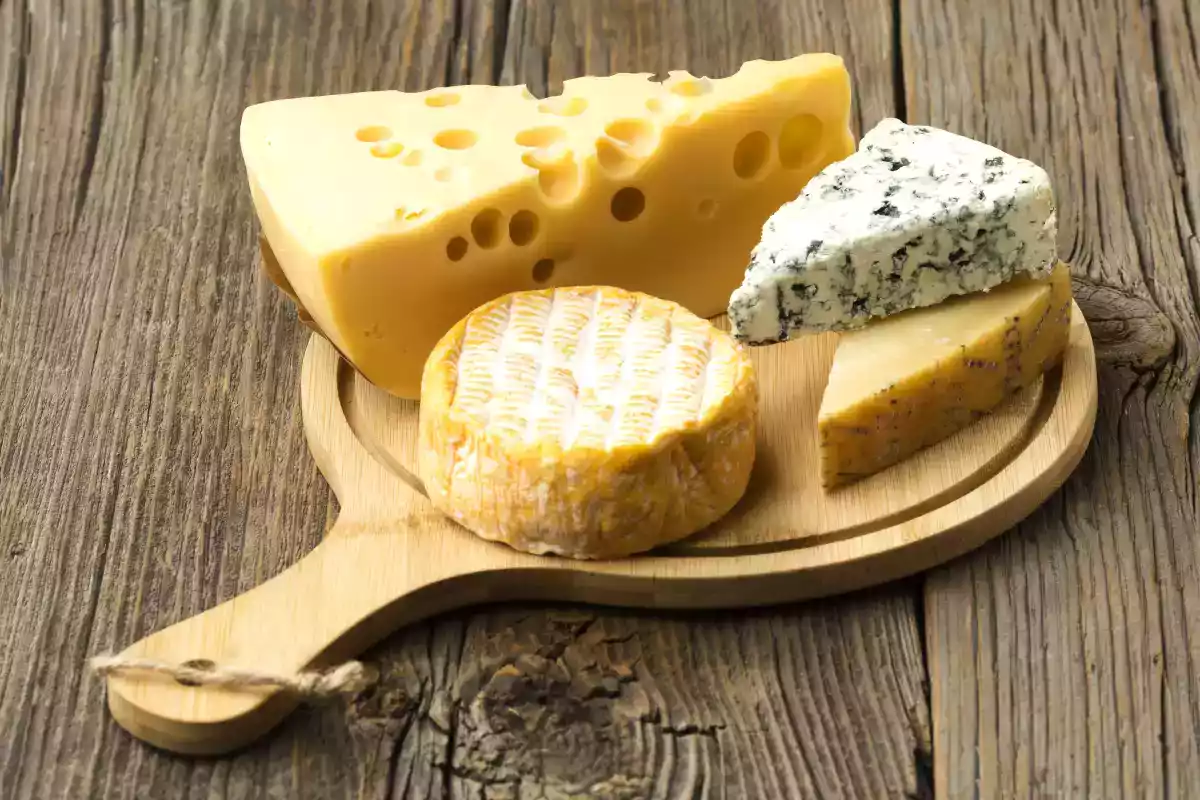Find out which foods can be eaten after their expiration date!

Consuming food after the expiration date is a topic that generates a lot of doubt and debate. The truth is that the expiry date does not always indicate that a food is unfit for consumption. It often refers to the date until which the food retains its best characteristics in terms of taste, texture and nutritional value.
However, it is important to note that not all foods can be consumed after their expiration date. Some perishable products, such as meat, fish and dairy products, can pose health risks if consumed after the expiry date, as they may contain bacteria that cause illness.
Which foods can be eaten after the expiration date?
Some foods, when stored properly, can be consumed for longer than the expiration date indicated on the packaging. It is important to remember that the decision to consume expired food should be taken with caution and after carefully assessing the condition of the product.
Some examples of foods that can be eaten after the expiration date, if they are in good condition:
- Hard cheeses: Cheeses such as cheddar, parmesan and gruyère can last for weeks or even months beyond their expiry date, provided they are stored correctly.
- Cereals: Dried cereals, such as granola and cornflakes, can be eaten for several months after the expiry date, losing only a little of their crunch.
- Breads: Packaged breads can last a few days beyond their expiry date, especially if they are stored in an airtight container.
- Canned goods: Canned foods, such as vegetables, fruit and meat, generally have a long shelf life and can be eaten well beyond their expiry date, provided the can is not dented or rusted.
- Eggs: Fresh eggs can last a few weeks beyond their sell-by date. To check if an egg is good, put it in a container of water: if it sinks, it's fresh; if it floats, it's spoiled.
How can you tell if food is spoiled?
- Observe the appearance: Pay attention to mold, stains, color changes and other visible changes.
- Smell the food: Spoiled food usually has an unpleasant, sour smell.
- Taste a little: If the food tastes strange or bitter, discard it.
It's important to know:
- Read labels carefully: Understand the difference between "best before" and "use by". The former indicates the date until which the food retains its best characteristics, while the latter is a deadline for consumption.
- Store food correctly: The way you store food directly influences its shelf life. Follow the manufacturer's instructions and keep food in a cool, dry place.
- Use your senses: Trust your senses to determine whether a food is safe to eat. If you have any doubts, discard it.
- Prioritize food safety: Consuming spoiled food can cause foodborne illness. It is important to prioritize food safety and avoid consuming food that could pose a health risk.
What should we remember?
The expiry date is an important guide, but it's not an absolute rule. By following a few tips and observing the condition of food, you can reduce waste and make better use of the food you have at home. However, food safety should always be the priority. If you have any doubts about the quality of a food item, it's best to discard it.
Read also
 Mirella Mendonça
Mirella Mendonça


Comments